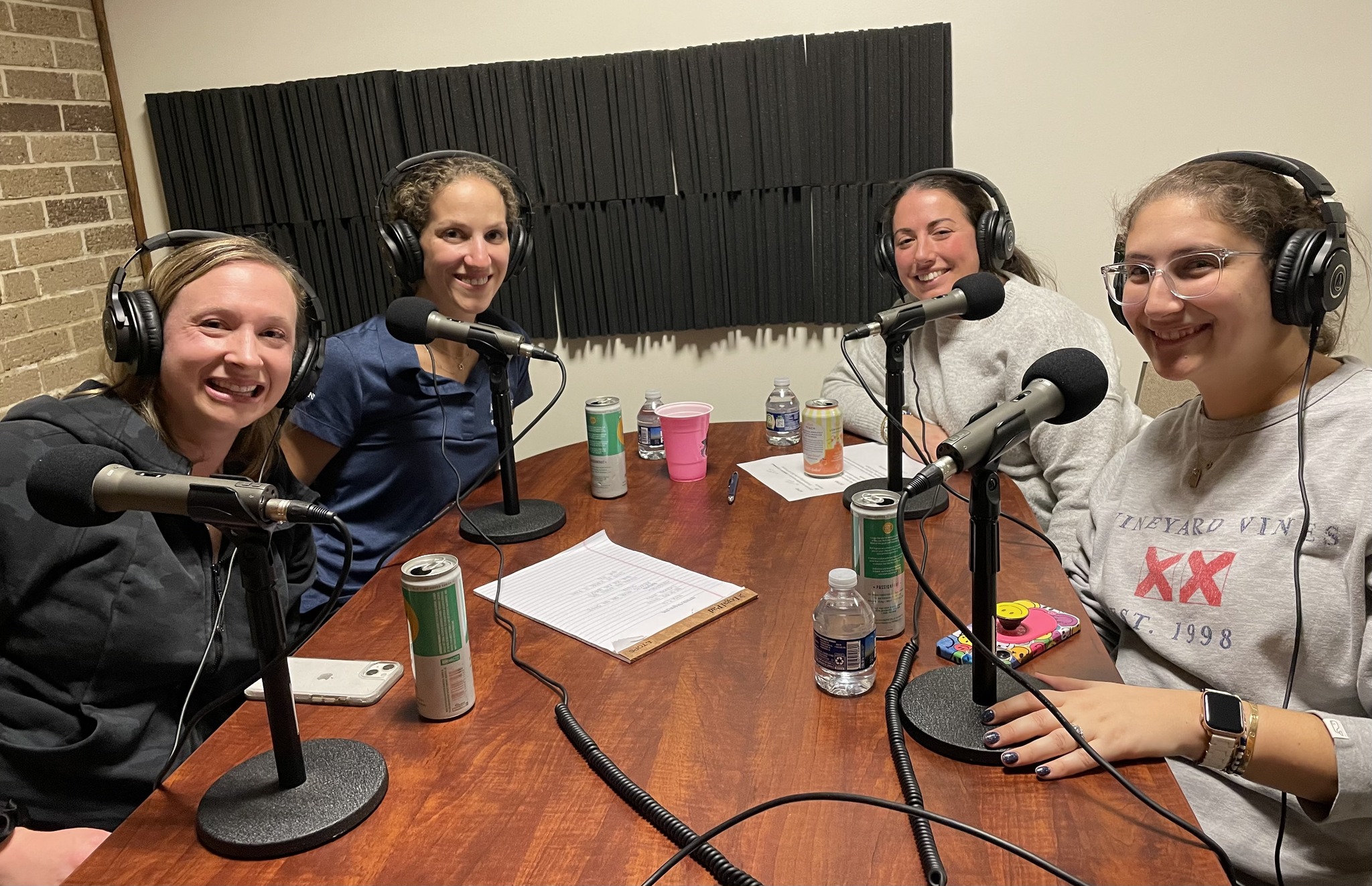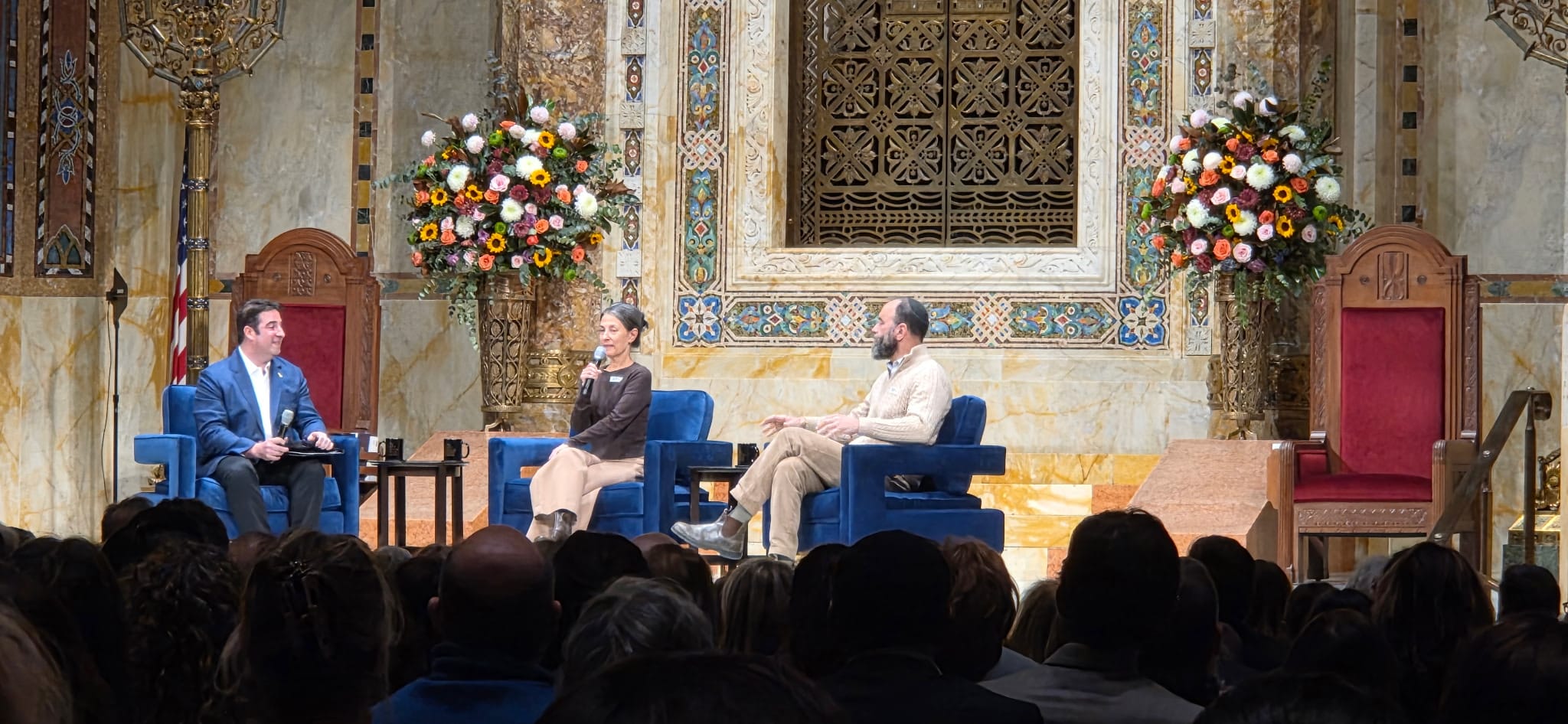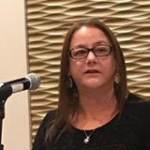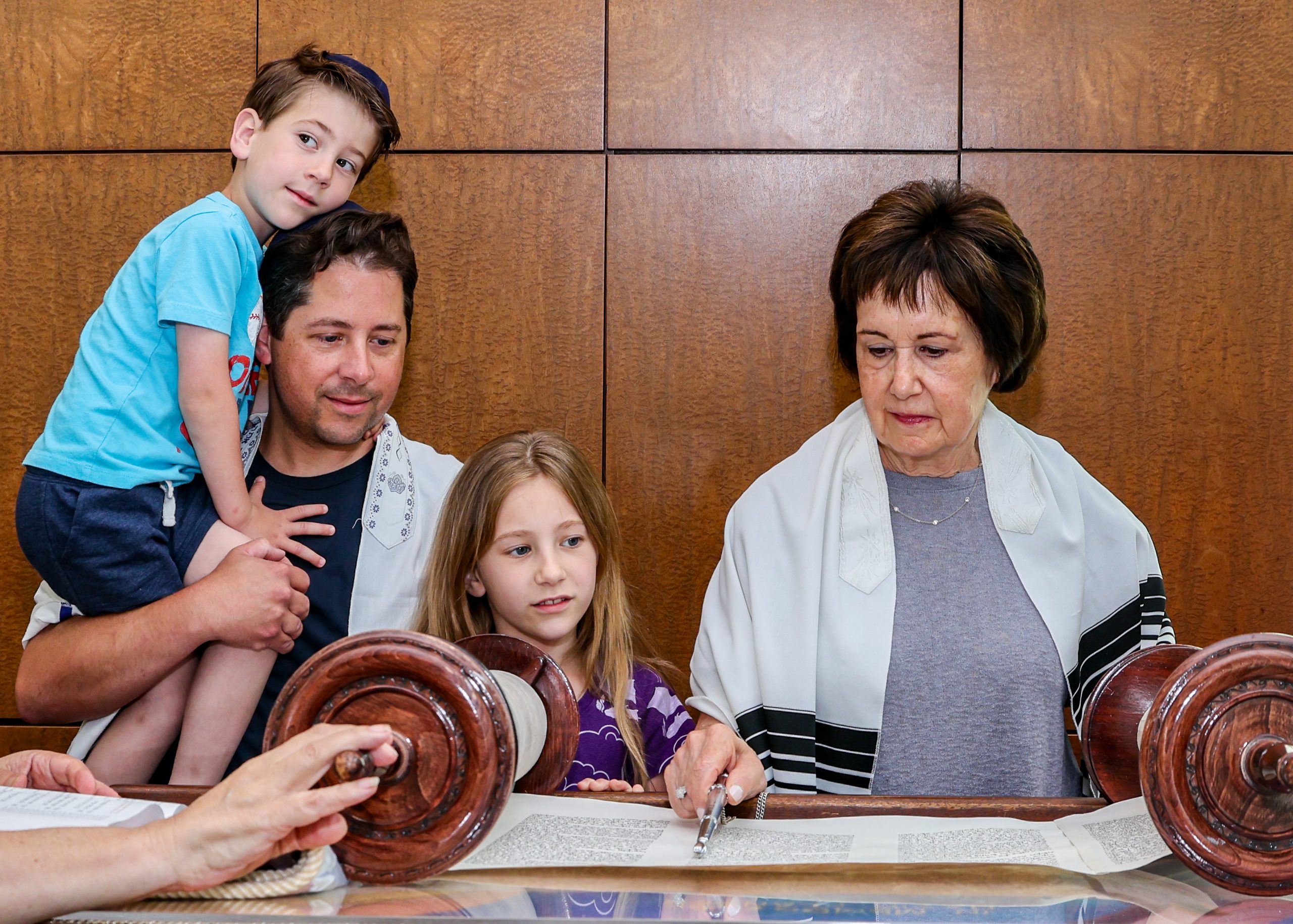Rachel Goldberg-Polin, mother of Hersh Goldberg-Polin who has now been held hostage for 150 days, speaks of being in “another world” since October 7.
This past Shabbat in shul, I was playing “peekaboo” with one of the small children. The developmental psychologist Jean Piaget theorized that such games rely on the principle of object permanence, a trait that takes time for young children to develop. They still need to discover that just because something – or someone – can’t be seen, doesn’t mean they don’t exist.
Many have been studying a related phenomenon in the daily cycle of Talmud (daf yomi) in recent weeks: the concept of yay’ush – despair. When an item is stolen, eventually, the owner will lose faith that it will ever return. At that point, they no longer own the object.
After 150 days of captivity, we still have no word of the fate of most of the 134 hostages who have been stolen from their families and the Jewish people. It is a daily struggle to maintain object permanence and fight the phenomenon of yay’ush. It is, in fact, our obligation to remind the world and ourselves of their continued existence and suffering, and to press with continued and renewed urgency for their release.
After a recent trip to Israel, I am concerned that people are experiencing this period quite differently in Israel and the rest of the world. While I was in Israel last week, a phrase I heard often was, “The world is already living October 8, but we are still living October 7.” For so many, their narrative has shifted from revulsion at the evil unleashed by Hamas terrorists – the rape, torture, executions, and theft of human beings. The world is understandably focused on the suffering of Palestinians in Gaza, themselves captives of the uncaring designs of Hamas.
But Israelis, and the Jewish people, still experience October 7 every day. 134 hostages still to be returned. Almost 200,000 evacuees from the eastern Negev and northern border in temporary housing. The grim daily announcement at 6:00 am of soldiers who have been killed in action. Continued grief for so many who were murdered. Thousands of families coping with a reservist away from home. Every family has a story and connection to this ongoing trauma.
150 days into this period of challenge, our greatest responsibility is to stay in solidarity with one another and to remind the world of what is continuing to unfold. In so many ways, life has “returned to normal,” at least on the surface. So many would like us to “just move on.” They demand that Israel focus on “solutions” and “next steps.”
It’s important to ask: is it really fair to ask while 134 members of our Jewish and human family are still being held captive?
The small things we do – the posters and prayers in our shuls, wearing a ribbon, a piece of tape with the days of captivity, a call to a senator or representative, a discussion with a neighbor or on social media – provide support and strength to those who need it. And it reminds the world where the origin of this evil truly lies.
As we surpass 150 days of this nightmare for the Jewish people, we pray we can stop counting soon. Tomorrow, in fact. As Israelis say to one another – may we hear b’sorot tovot – better news. Bring them home. Now.









